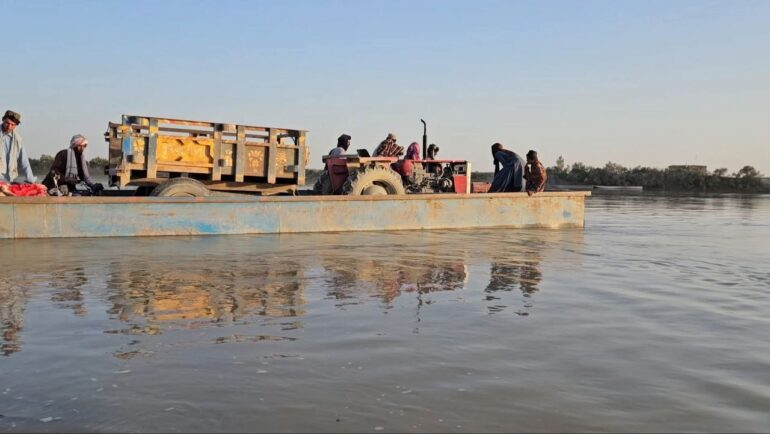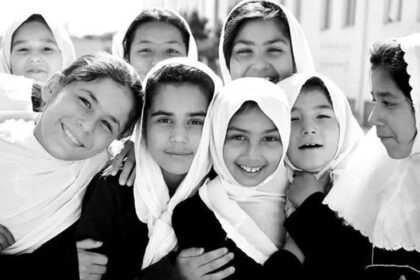RASC News Agency: In a tragic incident that underscores the Taliban’s systemic failure to ensure basic public safety, a tractor carrying passengers overturned and sank in a river in Helmand Province, leaving 12 dead and 20 injured. The accident occurred on Friday, August 31, in the Panjwayi area of Garmsir district, according to local Taliban authorities.’The Taliban-run provincial police stated that the tractor was towing a wagon with 32 passengers including men, women, and children who were traveling from Garmsir to Nawa district to attend a wedding ceremony. To cross a river, the heavily loaded vehicle was placed onto a small boat. However, due to excessive weight, the boat capsized midstream, plunging passengers into the water.
Ezatullah Haqqani, Taliban police spokesperson in Helmand, confirmed the fatalities, while Abdul Bari Rashid, head of the Taliban Department of Information and Culture in the province, provided further details. According to Rashid, three women and nine children were among the deceased. Additionally, four children sustained injuries in the accident. Taliban officials claimed that emergency responders managed to rescue 20 passengers, most of whom suffered only minor injuries. The Taliban police attributed the incident to a misjudgment of weight capacity, noting that the vessel used was not designed to bear the tractor, wagon, and 32 passengers simultaneously.
Beyond the immediate tragedy, experts and local residents have criticized the Taliban for gross negligence and systemic mismanagement. Afghanistan’s rural areas continue to lack safe infrastructure, including reliable roads, bridges, and river crossings. As a result, ordinary citizens particularly women and children are forced to traverse dangerous conditions, often with fatal consequences. Residents of Panjwayi expressed anger and despair over the incident. “We have nowhere to turn. The roads are broken, bridges unsafe, and now even river crossings are deadly,” said one local father, whose relatives were injured in the accident. “Under any responsible government, this could have been prevented.”
Observers emphasize that this accident reflects a broader failure of governance under the Taliban. Since seizing power, the group has prioritized coercion and ideological control over investment in basic public services and safety. Incidents like Helmand’s river drowning are not isolated; they are part of a pattern in which rural populations bear the brunt of the Taliban’s disregard for human life and infrastructural planning. Humanitarian experts warn that unless immediate measures are taken to improve transport safety and emergency response, such preventable tragedies will continue to plague communities already suffering from economic collapse, forced migrant returns, and widespread insecurity under Taliban rule.






